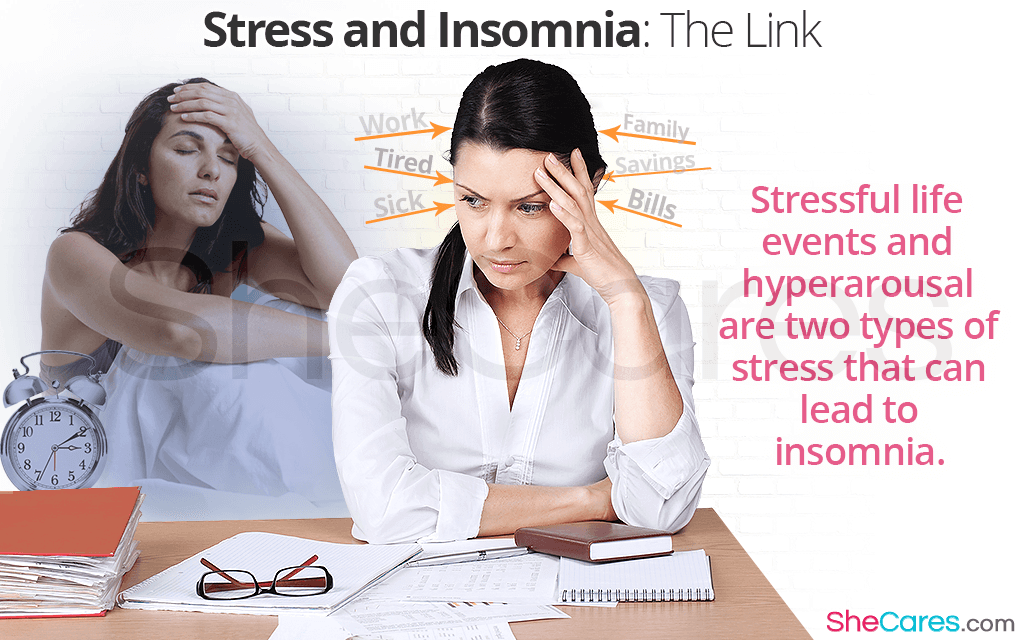Insomnia, one of the most common sleep disorders in existence, can have a number of causes. However, of these many potential causes, one is considered the most prevalent and widespread cause of insomnia: stress. Stress and insomnia are closely linked, and the two can feed into each other to create a cycle of sleep problems. Learn more about stress, insomnia, and how to manage them.
About Insomnia
While there is no global agreement about the number of cases of insomnia in existence - different people use different criteria to qualify what can be categorized as insomnia and what cannot - it remains the most common sleep disorder according to most experts. It is usually described as being a complaint of difficulty falling asleep, staying asleep, or receiving restful sleep.
Insomnia may last only for a few days or weeks, or it may become a problem for up to months or as long as years. There are two types of insomnia: primary and secondary insomnia. Previous one is nearly always associated with some sort of stress.
Types of Stress
While stress is the leading cause of primary insomnia, there are two different types of stress that may play a role.
- Stressful life events. Something like a difficult project at work or a nerve-wracking family situation can be a trigger for insomnia. This is what people generally think of when they think of stress causing insomnia - a specific life situation that cause anxiety, which makes it more difficult to fall asleep. This type of stress can cause a cyclical spiral when it causes insomnia: stress keeps you awake at night, so you become stressed about not sleeping, which only increases your difficulty falling asleep.
- Hyperarousal. Recent studies have begun to investigate the connection between a state of constant hyperarousal, or increased wakefulness, and insomnia. During hyperarousal, the central nervous system is constantly in its alert and aroused state, which is triggered by the release of the stress hormone, cortisol. Studies have found that many people suffering from chronic insomnia have higher than usual levels of cortisol in their systems throughout the entire day, a state of 24-hour hyperarousal. Although there is no conclusive evidence for why this occurs, scientists hypothesize that it may be hereditary or otherwise genetically determined.
Managing Stress and Insomnia
Because stress is the main cause of insomnia, managing stress and the symptoms of stress can have a serious beneficial impact on insomnia. If you are dealing with difficulty sleeping, stress management techniques may be the best way to help. These techniques include:
- Progressive muscle relaxation
- Deep breathing exercises
- Meditation
For women with a state of constant hyperarousal, some medications may help to manage their stress levels. A doctor should be consulted for cases of severe and chronic insomnia for help discovering the best methods of management and treatment.
Knowing the connection between stress and insomnia may make it easier to discover a way to shake off the symptoms of insomnia and get a better night's sleep. To learn more about ways to improve your sleep, read about these herbal sleeping pills and remedies.
